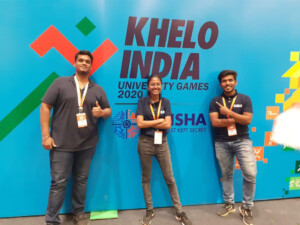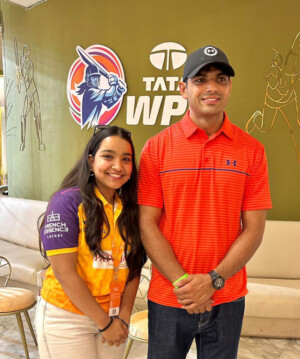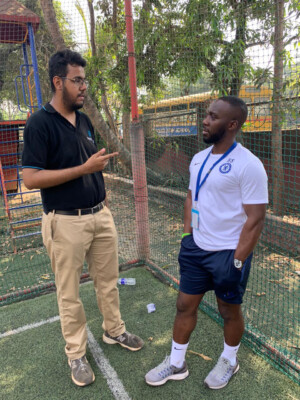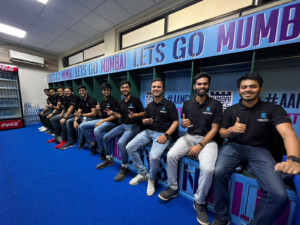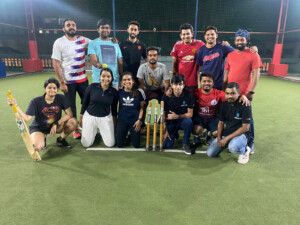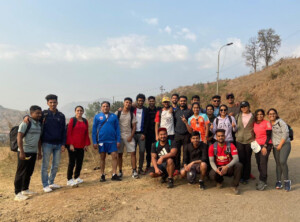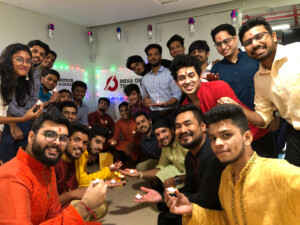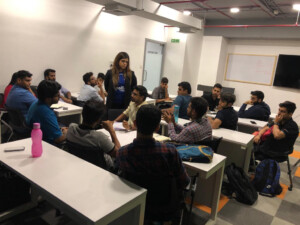In a nation where sports are interwoven into the cultural fabric, the evolution of sports management in India stands as a testament to the country’s growing prowess on the global stage. Once largely amateurish and fragmented, the management landscape of Indian sports has undergone a significant transformation, morphing into a professional and organised sector. This shift has not only enhanced the performance of athletes and teams on international platforms but has also opened a myriad of opportunities in various facets of sports management. Let’s delve into the evolution of this vibrant field and the opportunities it presents.
The Evolution of Sports Management in India
From Traditional to Professional
Traditionally, sports management in India was primarily driven by government bodies and a few sports clubs, with limited professional insight into athlete management, event organisation, or strategic planning. However, the last couple of decades have witnessed a paradigm shift towards professionalisation and commercialisation, driven by the success of leagues such as the Indian Premier League (IPL) for cricket, the Pro Kabaddi League, and the Indian Super League (ISL) for football.
The Rise of Private and Corporate Involvement
The entry of private entities and corporations into the sports sector has been a game-changer. With substantial investments, these stakeholders have introduced global best practices in sports management, marketing, and infrastructure development. This shift has not only enhanced the quality of sporting events but has also ensured better care and support for athletes.
Technology and Innovation
The integration of technology in sports management in India, from analytics for player performance to fan engagement platforms, has brought about a new era of efficiency and engagement. Digital platforms for ticketing, live streaming, and social media have opened new avenues for fan interaction and revenue generation.
Opportunities in Sports Management
Career Prospects
The professionalisation of sports management in India has led to the emergence of a wide range of career opportunities. From sports marketing, event management, and sports analytics to athlete management and sports law, the field is ripe with potential for aspiring professionals. Educational institutions are now offering specialized courses in sports management in India to cater to this growing demand.
Infrastructure Development
With the growing recognition of sports as a critical component of a healthy society and a significant contributor to the economy, there’s a renewed focus on infrastructure development. This includes not just stadiums and training facilities but also the development of sports science and rehabilitation centres. Investment in infrastructure opens up opportunities in planning, construction, maintenance, and management.
Grassroots and Youth Sports
There’s a growing emphasis on developing sports at the grassroots level to nurture talent from a young age. Initiatives aimed at promoting sports among children and adolescents present opportunities for sports management professionals to work in talent identification, coaching, and development programs.
Sports Tech Startups
The sports technology sector in India is burgeoning, with startups focusing on athlete performance data, fan engagement, e-sports, and fitness apps. These ventures require skilled professionals adept in technology, management, and sports, creating a niche but rapidly growing job market.
Challenges and the Path Forward
Despite the opportunities, the path ahead is not devoid of challenges. The need for a more structured and systematic approach to sports management in India, addressing issues like governance, transparency, and athlete welfare, remains critical. Furthermore, ensuring equitable growth across all sports, not just the commercially lucrative ones, is essential for the holistic development of the sports ecosystem in India.
The evolution of sports management in India reflects a dynamic blend of tradition and modernity, challenges and opportunities. As the country continues to ascend in the global sports arena, the role of efficient, innovative, and ethical sports management becomes increasingly crucial. For those passionate about sports, the burgeoning field of sports management in India offers a promising canvas to build a rewarding career while contributing to the nation’s sporting legacy.
Embarking on a career in Indian sports management demands a strategic choice of education, and the Global Institute of Sports Business (GISB) emerges as a top contender. GISB’s programme is uniquely tailored to the industry’s needs, blending theoretical knowledge with practical insights gleaned from real-world scenarios. Boasting a faculty comprising seasoned professionals and experts, GISB ensures students receive mentorship from the best minds in the field. Moreover, GISB’s extensive network within the sports industry facilitates invaluable networking opportunities, paving the way for internships and collaborations with leading organizations.

























